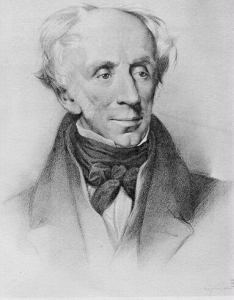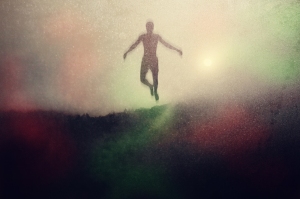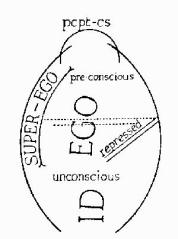Through the cycle of life and death we come to know the fullness of love. Up through the “twisted tree of knowledge of good and evil” our Authority-Ego within leads the way.
In rebirth, one partakes of love’s spirit…He is reclothed in the flesh of God, virgin flesh, that he may live again to learn the cost of evil doing and through learning, be redeemed. In death the Authority-Ego divests man of his garment: it is this psychic factor that sheds one’s blood for the remission of the many sins of his ego-group; it is this factor that determines life or death…Love itself, which is his Authority-Ego, resurrects and holds inviolate in the id those of the ego-group whose own expression of love has redeemed them; and love resurrects also those that must live again unto the resurrection of damnation until their forces of good and evil are recast into a nonmaterial responsive factor that will prevent abusive exercise of power, and into the pure or purified evil that matter in itself must be seen to be; and in each rebirth love brings to life something of its whole being that has yet to partake of the tree of knowing.
What might this “nonmaterial responsive factor that will prevent abuse of power” be? Preston Harold will ultimately turn once again to William Wordsworth for a poetic description:
Thus, into a new world of being, the Authority-Ego brings its love of life, the ego-group restated: “he was in the world, and the world was made by him, and the world knew him not.” In time, as consciousness comes to the ego-group, the voice of worldly experience is heard: conscience sounds its note from one’s subconscious depths. And then, the superego is formed of that element in the id that is responsive to truth and can carry a word of it into the world, as the Authority-Ego “elects” them, giving to these the “keys” to the kingdom within. Through the superego, love speaks, and makes its presence felt in:
…that blessed mood
In which the burden of the mystery,
In which the heavy and the weary weight
Of all this unintelligible world,
Is lightened: -that serene and blessed mood,
In which the affections gently lead us on,-
Until, the breath of this corporeal frame
And even the motion of our human blood
Almost suspended, we are laid asleep
In body, and become a living soul…
Here Wordsworth describes an “out of body” experience, a body-free state of rapture; a “nonmaterial responsive factor.” As we become a living soul, there is no need for abuse of power, no need to flaunt ourselves, just increasing knowledge and assurance of blessedness. But why does this knowledge have to be hard earned? Why can’t God simply and totally reveal Himself and our full human nature to us? Let’s ponder this in our next installment. Until then, peace.





